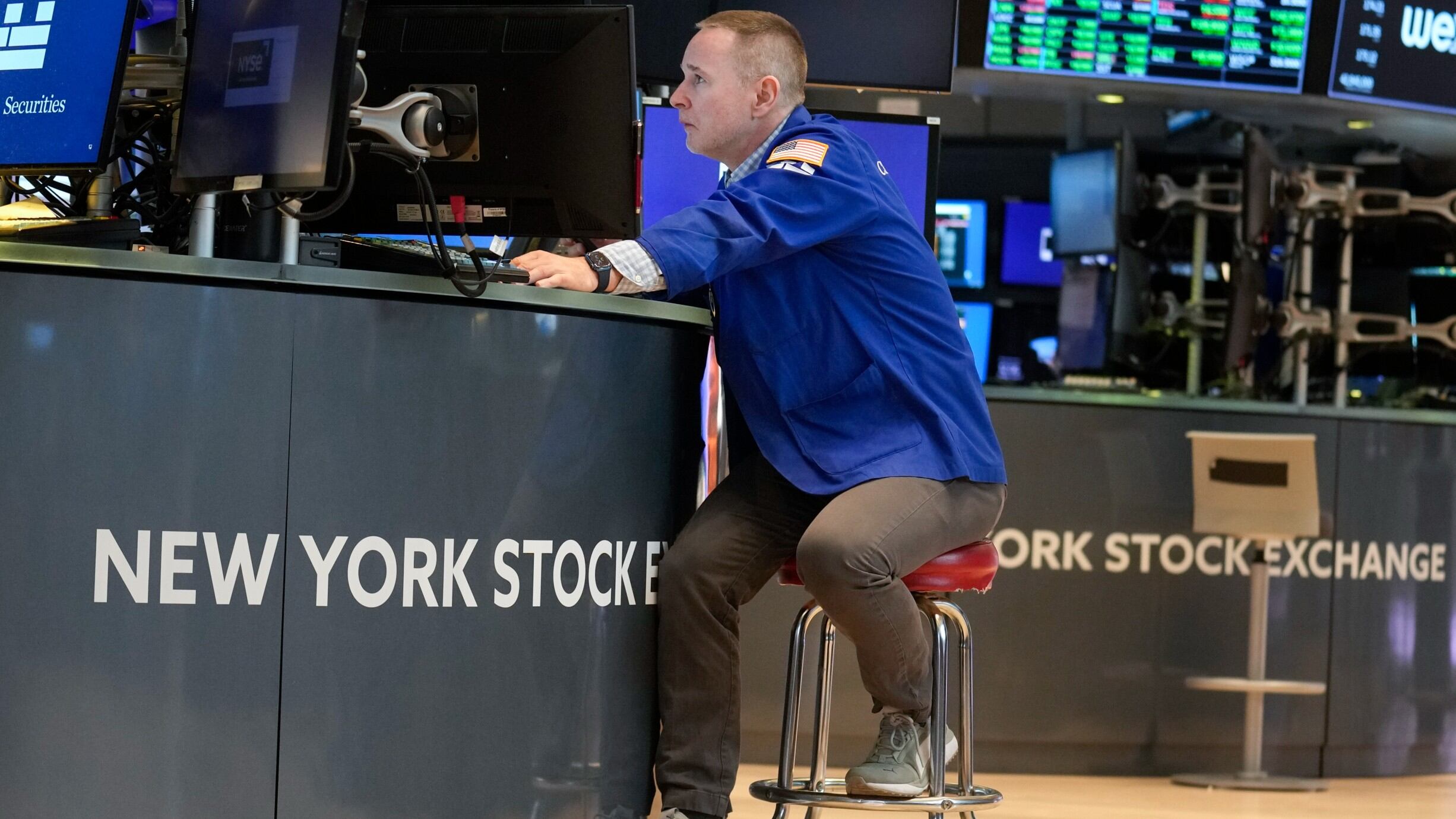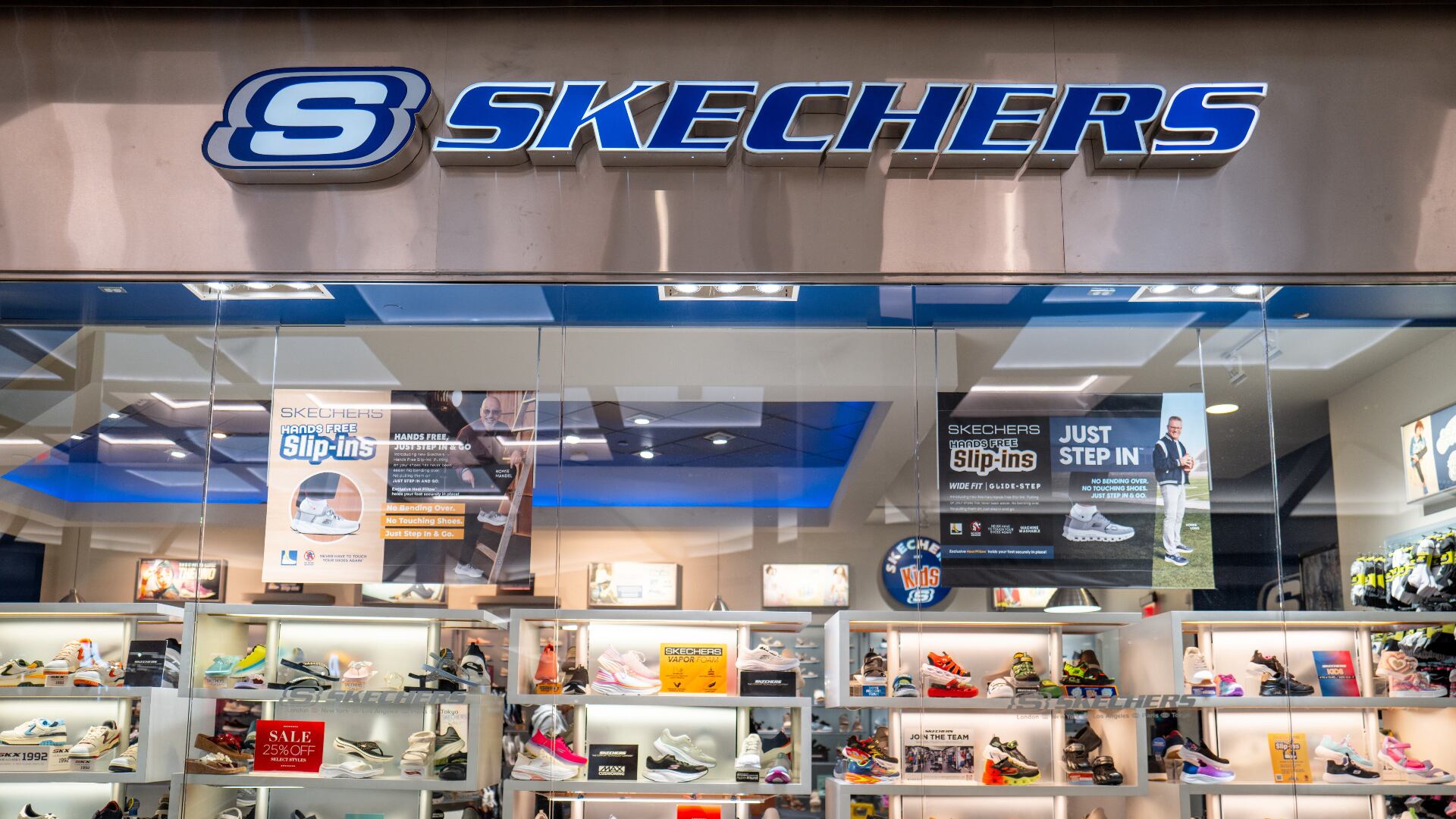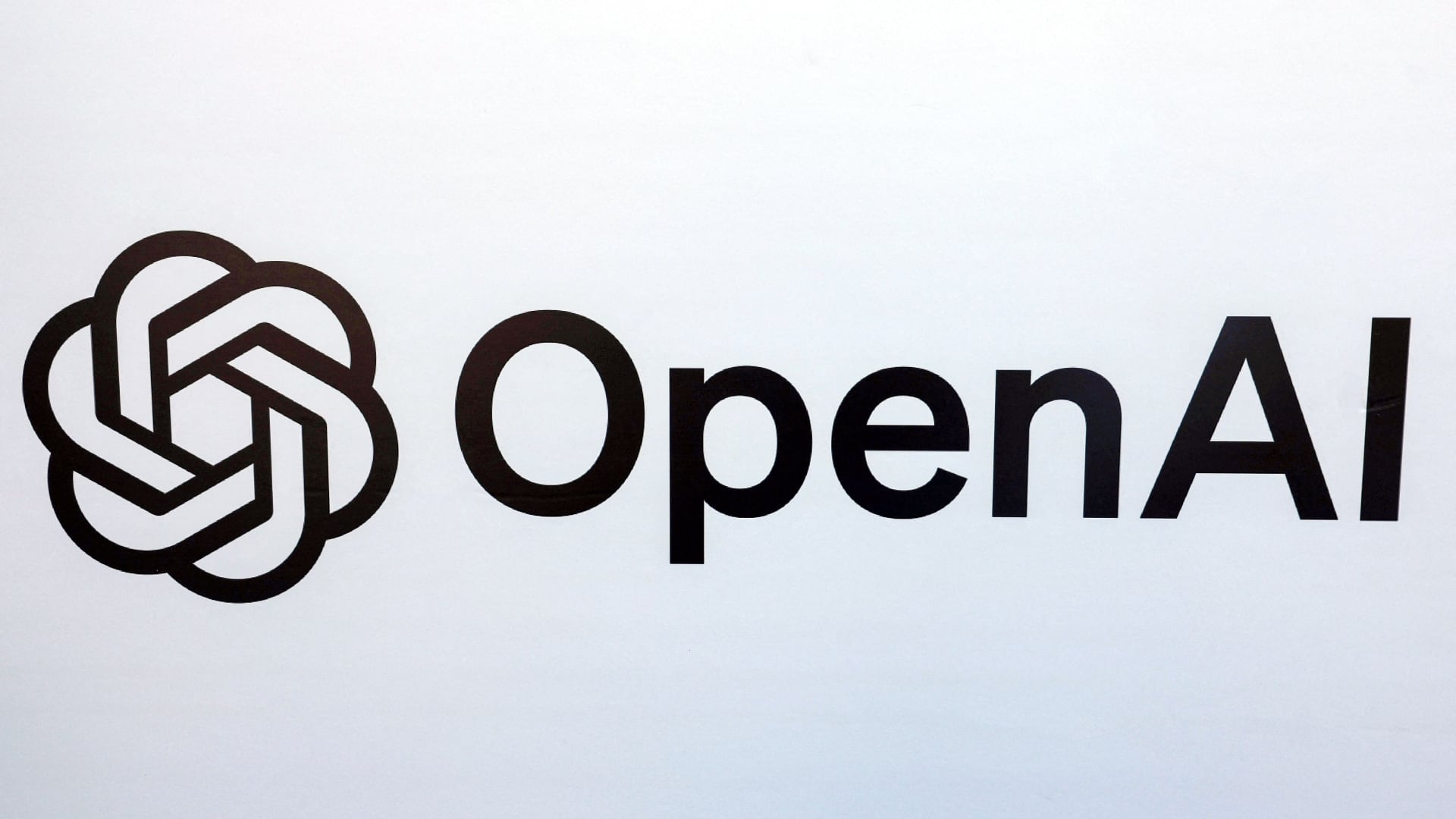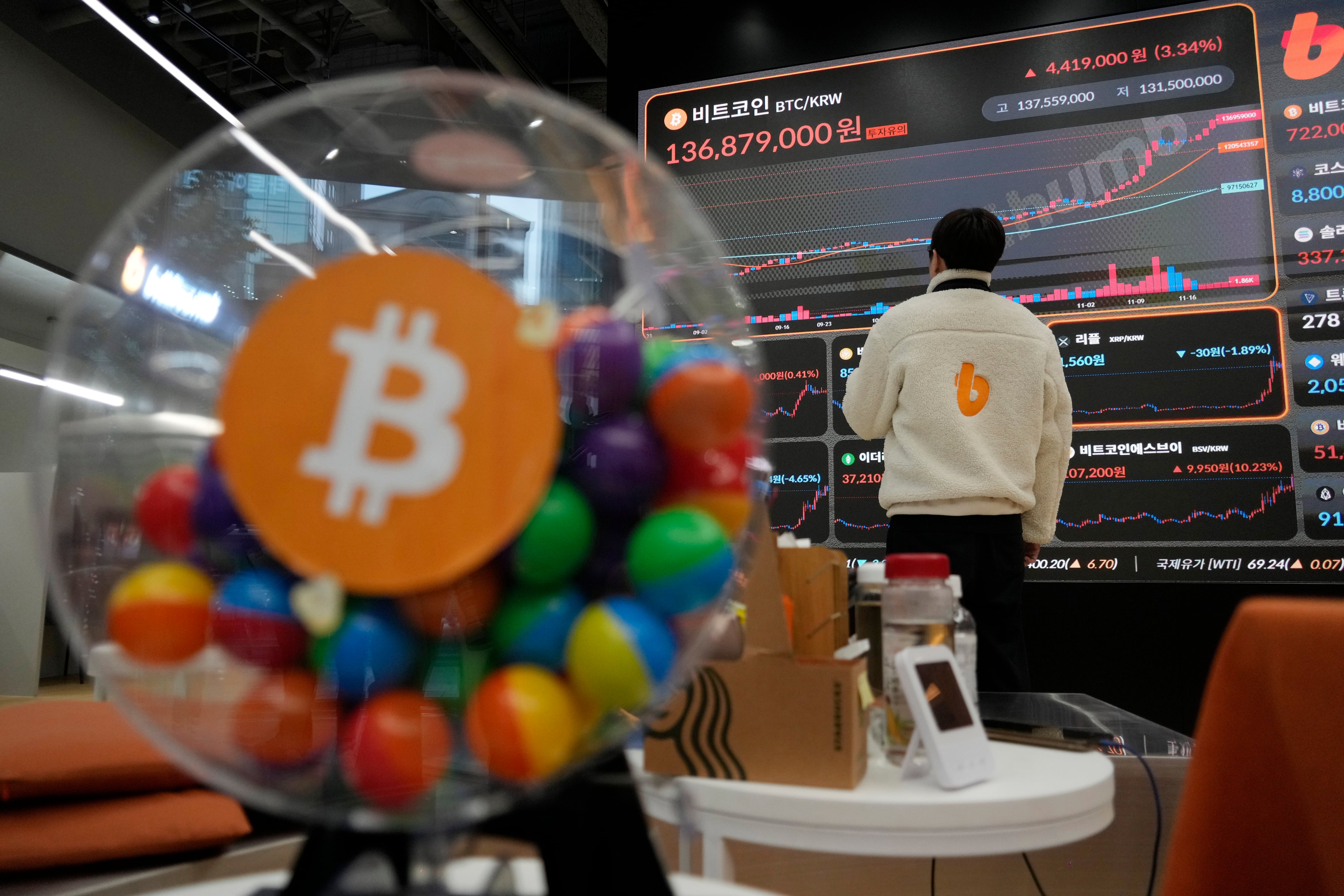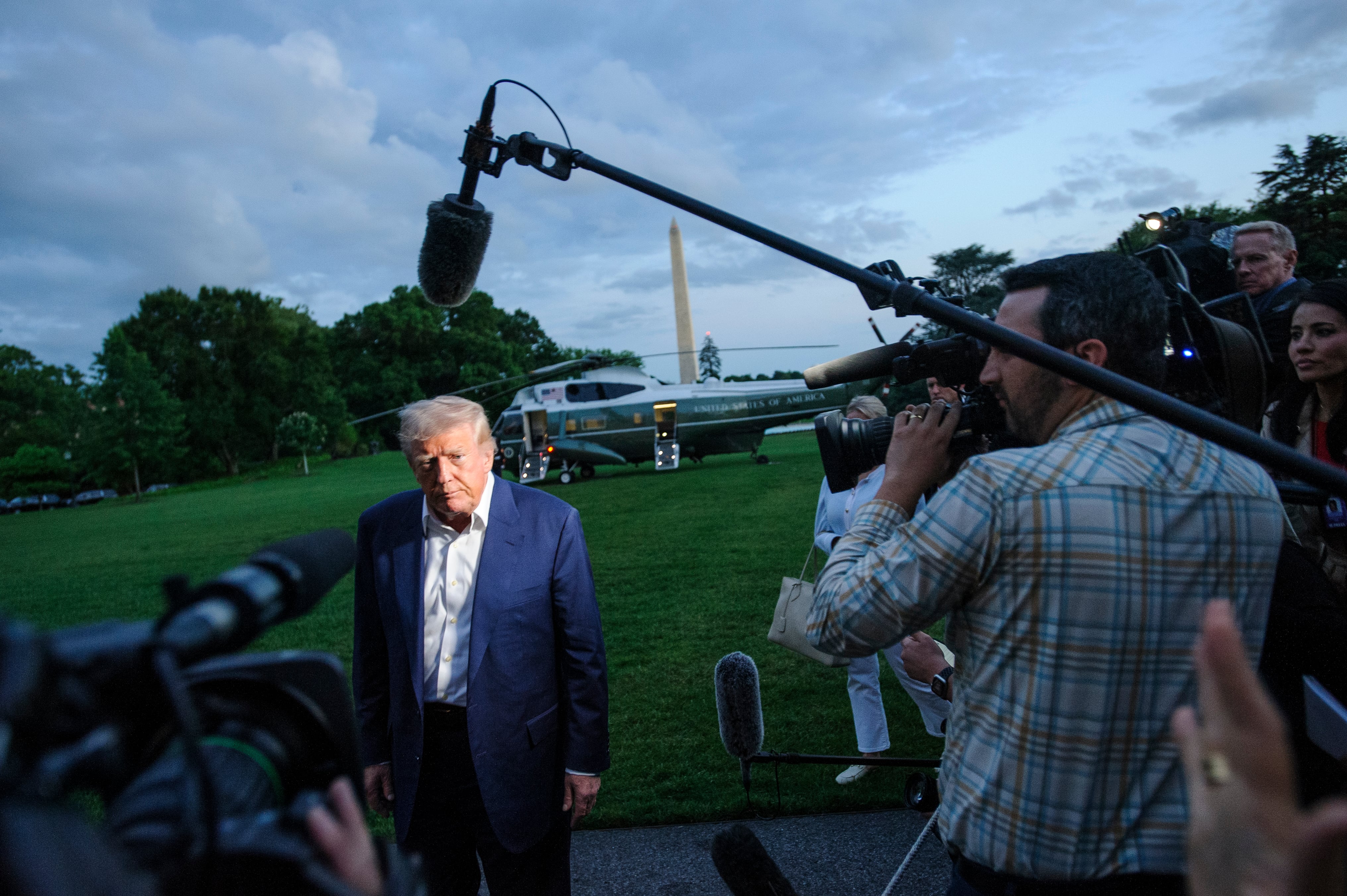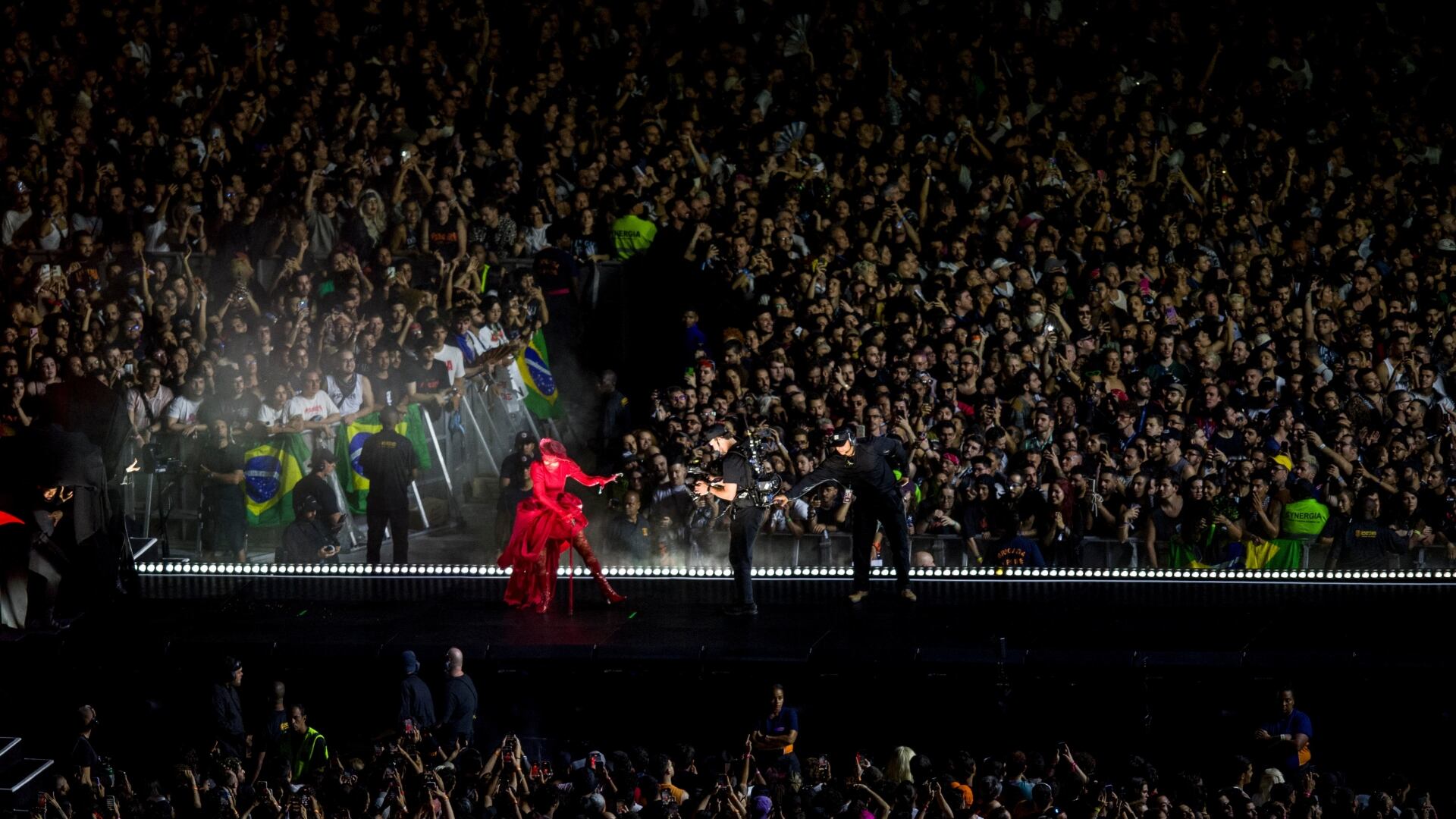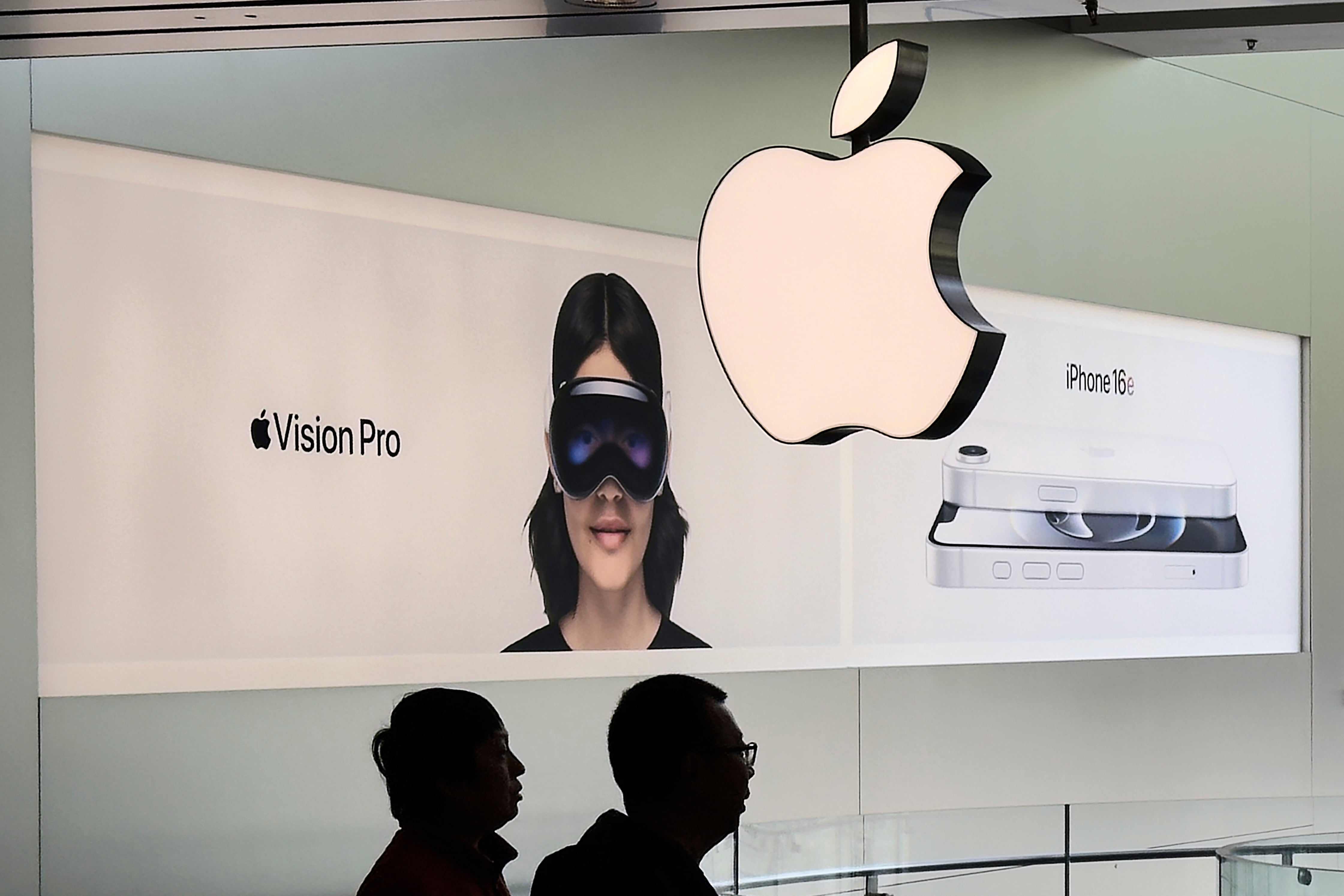By Stan Choe
Wall Street climbed Monday ahead of a big week for central banks around the world, vaulting the S&P 500 to its highest level in more than a year.
The benchmark index rose 40.07 points, or 0.9%, to 4,338.93 and its highest close since April 2022. The Dow Jones Industrial Average gained 189.55, or 0.6%, to 34,066.33, while the Nasdaq composite rallied 202.78, or 1.5%, to 13,461.92.
The U.S. stock market has been cruising on hopes the economy may avoid a recession and the Federal Reserve may soon take it easier on its hikes to interest rates. Traders are betting the Fed will hold rates steady at its next meeting, which concludes on Wednesday. That would be the first time it hasn’t hiked rates at a meeting in more than a year.
Investors see high-growth stocks as some of the biggest beneficiaries of lower rates, and they led the market Monday. Tech stocks alone accounted for more than half the S&P 500's gain, powered by gains of at least 1.5% for both Microsoft and Apple.
Cruise operator Carnival, meanwhile, rode a 12.5% upswell as analysts upgraded its stock on signs demand remains steady for the industry and that pricing is holding up. It helped overshadow losses elsewhere in the market, including an 11.8% fall for Nasdaq, the exchange company that’s pushing more into technology. It said it would buy Adenza, a risk management and regulatory software provider, for $10.5 billion in cash and stock.
A halt or a pause by the Fed to rate hikes would give the economy and financial markets some breathing room. The Fed has already pulled rates to their highest level since 2007 in hopes of driving down inflation, and the increases have helped cause high-profile U.S. bank failures and a monthslong contraction in the manufacturing industry.
This week will also see the latest updates on inflation across the economy. On Tuesday, economists expect a report to show prices for consumers were 4.1% higher in May than a year earlier. That’s way above the Fed’s target of 2% inflation, but it would be down from 4.9% in April and a peak of more than 9% last June.
Because prices were already much higher a year ago due to the worst inflation in 40 years, further increases in upcoming months may not appear quite so dramatic. Inflation could fall to 3.2% in June, and the next two months could see one of the biggest drops in inflation over a two-month period over the last 70 years, according to Jonathan Golub, chief U.S. equity strategist at Credit Suisse.
But much of that easing would simply be because of how high prices had already climbed, and Wall Street traders are still bracing for the Fed to resume hiking rates in July. The question is how much further it will go beyond that.
The Fed is in a tight spot because any increases to rates could mean more pressure on the U.S. banking system. It’s still absorbing all the past rate increases, which have caused customers to yank bank deposits as they herd into higher-yielding money-market funds. Higher rates have also forced down the values of bonds banks bought when interest rates were low.
“While incoming data point to resilience in activity and stickiness in inflation, the Fed appears to want additional time to monitor policy lags and regional bank stress,” Michael Gapen and other economists wrote in a BofA Global Research report.
They see a June pause by the Fed as a close call. Recent surprise hikes by central banks in Canada and Australia show a move higher could still happen, but Gapen said the Fed doesn’t usually hike rates when the widespread assumption on Wall Street is for a hold. That may change if Tuesday’s inflation report comes in hotter than expected.
Besides the Federal Reserve, central banks in Europe and Japan will also be meeting this week on interest rates.
In the bond market, the yield on the 10-year Treasury slipped to 3.73% from 3.74% late Friday. It helps set rates for mortgages and other important loans.
The two-year Treasury yield, which moves more on expectations for the Fed, fell to 4.57% from 4.60%.
In stock markets abroad, European indexes were modestly higher after Switzerland’s UBS said it has completed its takeover of embattled rival Credit Suisse in a government-arranged rescue combining the country’s two largest banks to safeguard the country’s reputation as a global financial center and choke off market turmoil.
In Asia, stock indexes were mixed.
AP Business Writers Matt Ott and Elaine Kurtenbach contributed.
Updated with the latest details after the markets closed.
